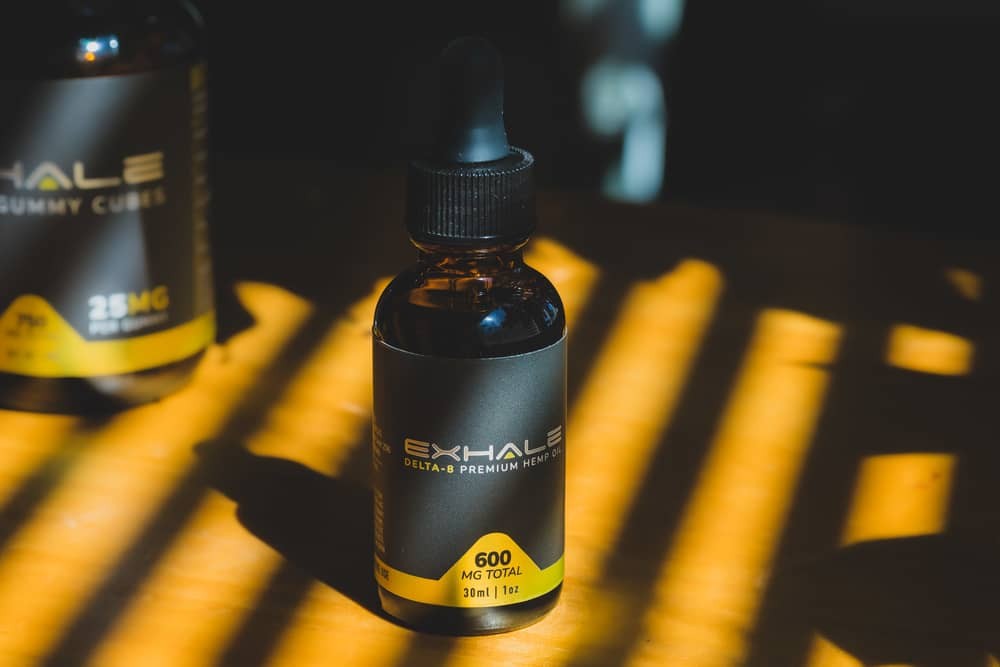Mental health challenges are common, but they can be particularly complex for members of the LGBTQ+ community. These individuals often face unique stressors that can contribute to depression, anxiety, and other mental health concerns. LGBTQ+ mental health programs play a critical role in offering specialized care that addresses these unique challenges, helping individuals feel seen, understood, and supported.
Understanding the Mental Health Challenges for LGBTQ+ Individuals
Members of the LGBTQ+ community frequently experience stigma, discrimination, and societal rejection, which can significantly impact their mental health. This is in addition to the everyday stressors everyone faces, such as work, relationships, and life changes. LGBTQ+ individuals often deal with added layers of pressure, such as the fear of coming out, rejection from family or friends, and even harassment or violence.
These external pressures can lead to depression, anxiety, and other mental health issues. For some, they may turn to unhealthy coping mechanisms like substance abuse, making it essential to have access to comprehensive mental health services, such as an LGBTQ+ depression treatment program that understands these experiences.
The Importance of LGBTQ+ Mental Health Programs
While general mental health services are available, they may not always address the specific challenges that LGBTQ+ individuals face. LGBTQ+ mental health programs are designed to provide a safe and inclusive environment where people can openly discuss their struggles without fear of judgment or misunderstanding. These programs often include therapists, counselors, and medical professionals who have experience working with LGBTQ+ clients and understand the impact of discrimination and social stressors on mental health.
In these specialized programs, individuals can receive treatment for depression, anxiety, and other mental health conditions in a space that affirms their identity. Whether it’s a group therapy session with peers who share similar experiences or one-on-one counseling, LGBTQ+ mental health treatment centers provide care that is not only effective but also compassionate and culturally competent.
Addressing Depression in LGBTQ+ Individuals
Depression is one of the most common mental health issues in the LGBTQ+ community. It can be exacerbated by factors like isolation, fear of rejection, and negative social experiences. For many, finding the right support can feel overwhelming, especially if they’ve had negative experiences with mental health professionals in the past.
An LGBTQ+ depression treatment program offers specialized care that considers the individual’s unique needs. These programs are designed to provide a holistic approach to treating depression, focusing on both the emotional and social aspects that contribute to the condition. By offering tailored therapy and support, individuals can work through their depression in a way that feels safe and affirming.
Treatment might include cognitive-behavioral therapy (CBT), which helps individuals identify and change negative thought patterns, or talk therapy to process past traumas or current struggles. Many LGBTQ+ mental health programs also offer support groups, allowing individuals to connect with others who have similar experiences, fostering a sense of community and understanding.
LGBTQ+ and Addiction: The Need for Inclusive Treatment
Substance abuse is linked to several mental health issues. For LGBTQ+ individuals, substance abuse is sometimes a way to cope with the pain of discrimination, rejection, or internalized homophobia. Unfortunately, this can lead to addiction, creating an additional layer of difficulty in managing mental health.
This is where an LGBTQ addiction center becomes vital. These centers offer treatment programs specifically designed for LGBTQ+ individuals struggling with addiction, understanding the unique challenges they face. By integrating mental health support and addiction recovery, these centers provide a comprehensive approach to healing. This holistic care is essential because addressing the root causes of addiction, such as untreated depression or trauma, can lead to more successful recovery outcomes.
Creating Safe Spaces for Healing
The journey to mental wellness is deeply personal, and for LGBTQ+ individuals, it can be particularly difficult to find spaces where they feel truly safe and understood. That’s why specialized LGBTQ+ mental health treatment centers are so important. They offer not only expert care but also a welcoming and supportive environment where individuals can focus on their healing without fear of judgment or misunderstanding.
Moving Forward with Inclusive Care
Addressing the mental health needs of LGBTQ+ individuals requires empathy, understanding, and specialized care. LGBTQ+ mental health programs, LGBTQ+ depression treatment programs, and LGBTQ addiction centers are critical resources that offer tailored support for this community. Through inclusive and affirming care, individuals can find the help they need to overcome depression, addiction, and other mental health challenges, allowing them to live healthier, more fulfilling lives.
If you or someone you know is struggling, reaching out to an LGBTQ+ mental health treatment center could be the first step toward healing. It’s important to know that there are safe spaces and supportive professionals who understand the unique challenges LGBTQ+ individuals face and are ready to help them on their journey to recovery.





